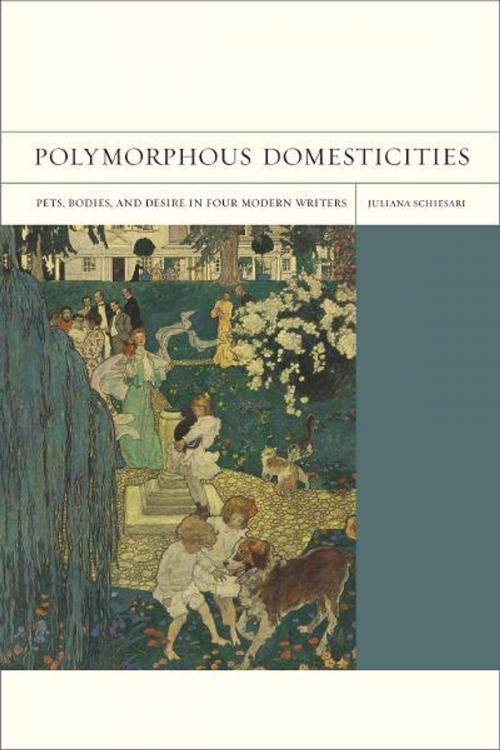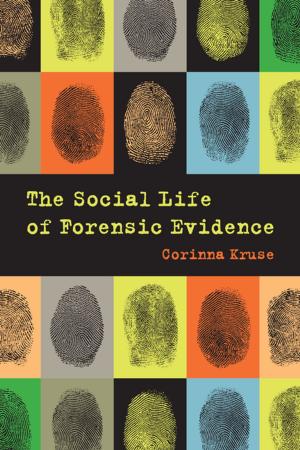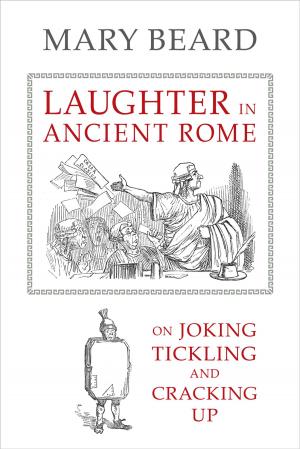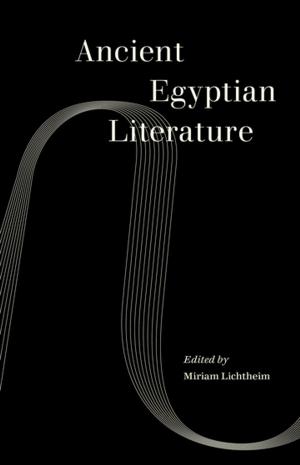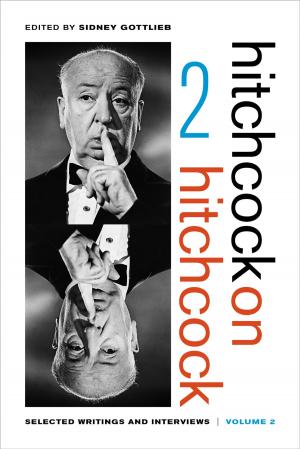Polymorphous Domesticities
Pets, Bodies, and Desire in Four Modern Writers
Fiction & Literature, Literary Theory & Criticism, European, American| Author: | Juliana Schiesari | ISBN: | 9780520952317 |
| Publisher: | University of California Press | Publication: | March 6, 2012 |
| Imprint: | University of California Press | Language: | English |
| Author: | Juliana Schiesari |
| ISBN: | 9780520952317 |
| Publisher: | University of California Press |
| Publication: | March 6, 2012 |
| Imprint: | University of California Press |
| Language: | English |
Polymorphous Domesticities maps out the play of gender, sexuality, and alternative forms of domesticity in the works of four modern European and American writers—Edith Wharton, Djuna Barnes, Colette, and J. R. Ackerley. What these four writers have in common is a defiance of patriarchal paradigms in their lives as well as in their works. Not only did they live outside the norms of the heterosexual family unit, they also pursued and wrote about alternative lifestyles that prominently involved animals. Through close readings from a feminist perspective, Juliana Schiesari reconfigures the ways in which interspecies relationships inflect domestic spheres, reading the "Other" through the lens of gender, home, and family. As she explores how domestic life is refigured by the presence of animals, Schiesari challenges anthropocentric frames of reference and brings the very definition of "human" into question.
Polymorphous Domesticities maps out the play of gender, sexuality, and alternative forms of domesticity in the works of four modern European and American writers—Edith Wharton, Djuna Barnes, Colette, and J. R. Ackerley. What these four writers have in common is a defiance of patriarchal paradigms in their lives as well as in their works. Not only did they live outside the norms of the heterosexual family unit, they also pursued and wrote about alternative lifestyles that prominently involved animals. Through close readings from a feminist perspective, Juliana Schiesari reconfigures the ways in which interspecies relationships inflect domestic spheres, reading the "Other" through the lens of gender, home, and family. As she explores how domestic life is refigured by the presence of animals, Schiesari challenges anthropocentric frames of reference and brings the very definition of "human" into question.
